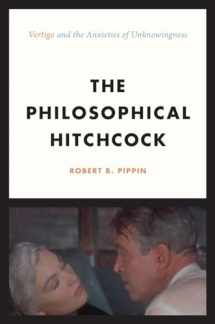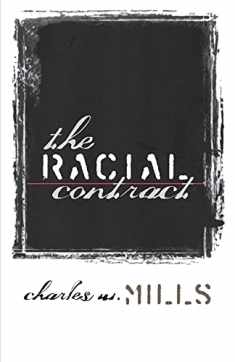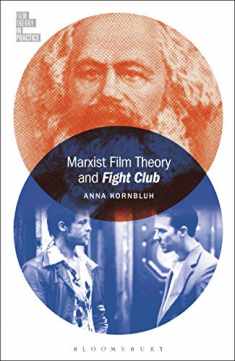
The Philosophical Hitchcock: “Vertigo” and the Anxieties of Unknowingness
Book details
Summary
Description
On the surface, The Philosophical Hitchcock: Vertigo and the Anxieties of Unknowingness, is a close reading of Alfred Hitchcock’s 1958 masterpiece Vertigo. This, however, is a book by Robert B. Pippin, one of our most penetrating and creative philosophers, and so it is also much more. Even as he provides detailed readings of each scene in the film, and its story of obsession and fantasy, Pippin reflects more broadly on the modern world depicted in Hitchcock’s films. Hitchcock’s characters, Pippin shows us, repeatedly face problems and dangers rooted in our general failure to understand others—or even ourselves—very well, or to make effective use of what little we do understand. Vertigo, with its impersonations, deceptions, and fantasies, embodies a general, common struggle for mutual understanding in the late modern social world of ever more complex dependencies. By treating this problem through a filmed fictional narrative, rather than discursively, Pippin argues, Hitchcock is able to help us see the systematic and deep mutual misunderstanding and self-deceit that we are subject to when we try to establish the knowledge necessary for love, trust, and commitment, and what it might be to live in such a state of unknowingness.
A bold, brilliant exploration of one of the most admired works of cinema, The Philosophical Hitchcock will lead philosophers and cinephiles alike to a new appreciation of Vertigo and its meanings.


We would LOVE it if you could help us and other readers by reviewing the book
Book review





